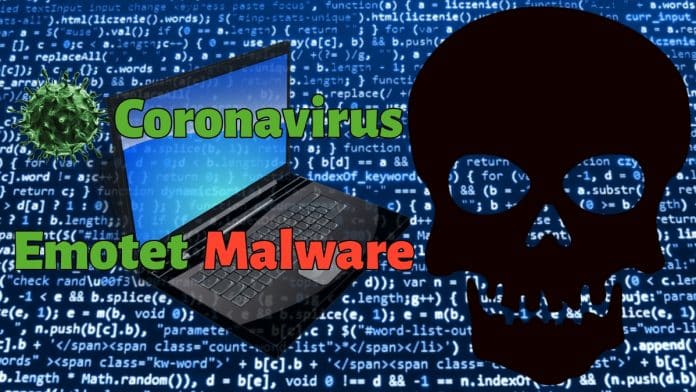The practice of leveraging worldwide events by basing malicious emails on current important topics has become common among cybercriminals.
Users were sent emails disguised as official emails from a disability welfare service provider in Japan.
The attachments disguised as Microsoft Word docs contain malicious payloads linked to the infamous Emotet malware family.

This will probably include other languages too.
Last Thursday, security experts at Kaspersky Lab also discovered malware-infected emails about a new strain of coronavirus.
In reality, these files contained different range of cyber threats including Trojans and worms.

Also, check the file extensions of any file you download.
Documents and video files should not have been made either .exe or .lnk formats, Kaspersky noted.
Additionally, also ensure that the anti-virus software and associated files on your rig are up to date.
source: www.techworm.net